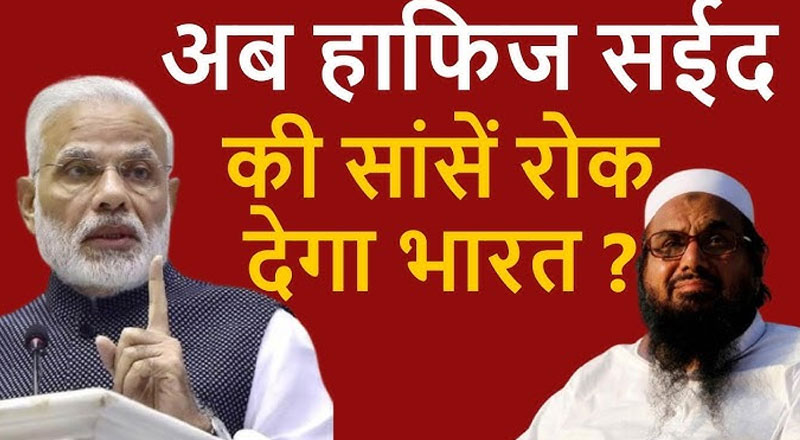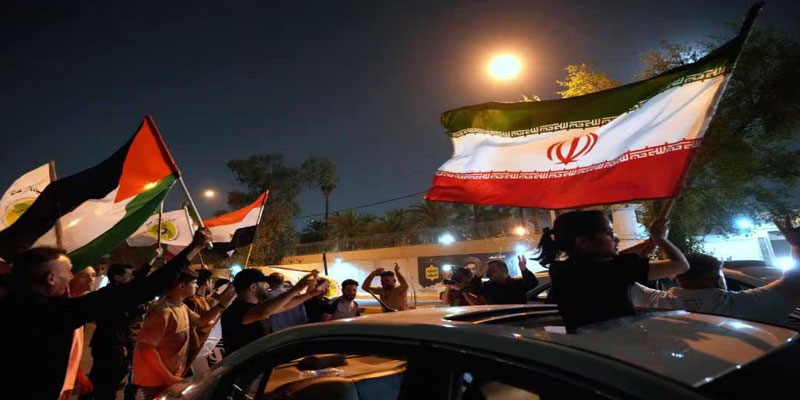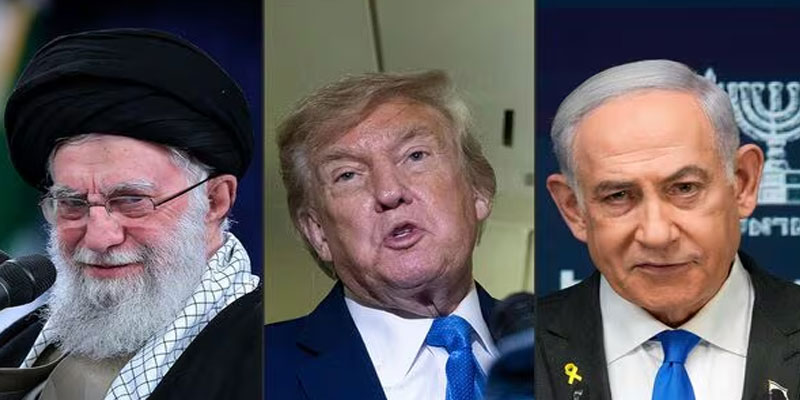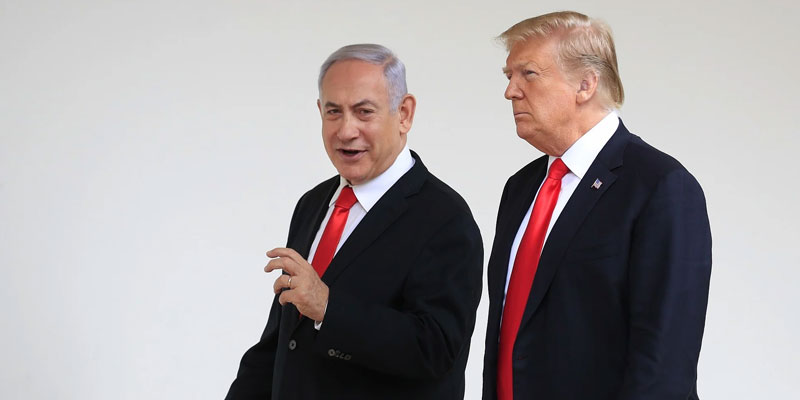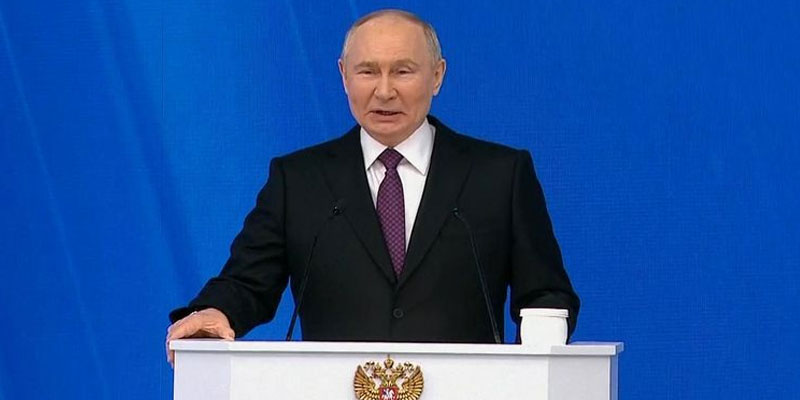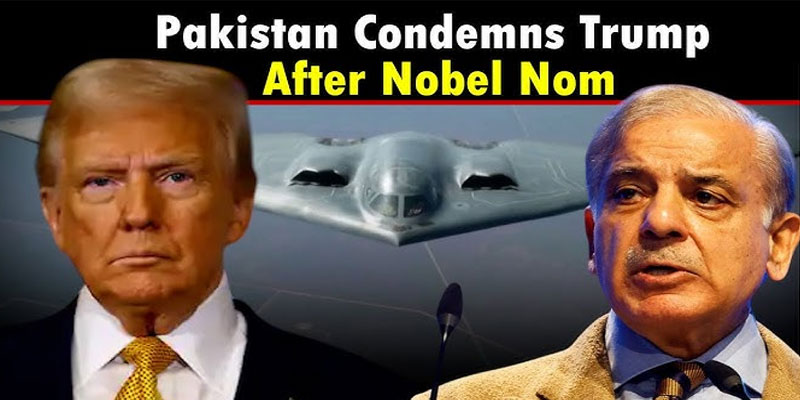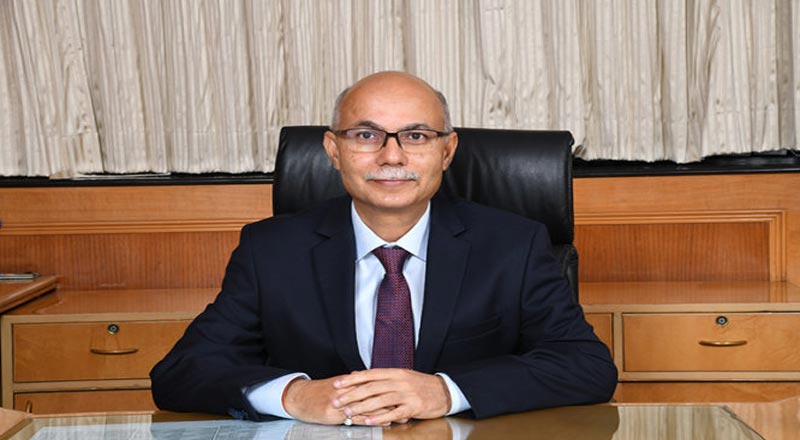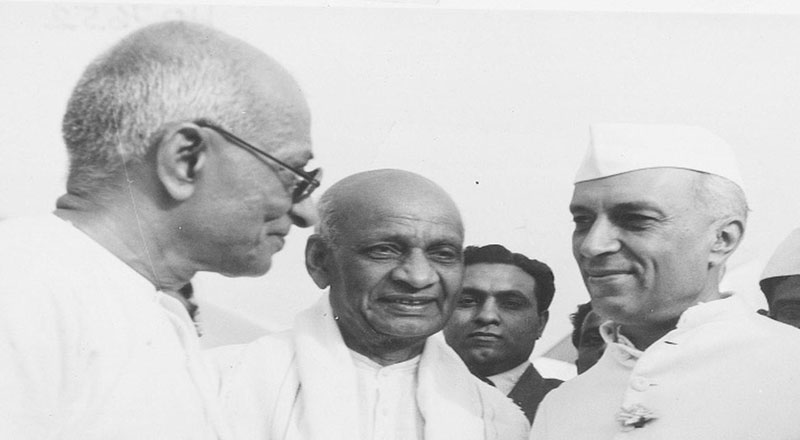Heightened Security for Hafiz Saeed Signals Pakistani Anxiety
In a sudden security escalation, Pakistan has significantly reinforced protection around Hafiz Saeed, founder of Lashkar-e-Taiba (LeT) and chief of its front Jamaat-ud-Dawa. According to a report in The Times of India, Pakistan’s Inter-Services Intelligence (ISI) and government have taken unprecedented steps, fearing a potential Indian covert operation in retaliation for the April 22 Pahalgam terror attack in Jammu and Kashmir that claimed 26 lives.
Saeed, who has long been a figure of global concern due to his alleged orchestration of the 2008 Mumbai attacks, is now being sheltered deep within a densely populated civilian area in Lahore. The area is surrounded by a mosque, a madrassa, and residential buildings—likely a calculated move to discourage any targeted operation. Former Special Services Group (SSG) commandos have been deployed to fortify his security perimeter, and a sophisticated control room monitors the surrounding area using advanced CCTV systems with gesture detection.
The Pahalgam Terror Attack and Its Fallout
The fresh wave of panic began on April 22, when gunmen attacked a bus carrying Indian security personnel and civilians in the scenic town of Pahalgam in Jammu and Kashmir. The Resistance Front (TRF)—a group believed to be a rebranded incarnation of Saeed’s Lashkar-e-Taiba—claimed responsibility. The brazen attack led to widespread outrage in India, with mounting public and political pressure on the government to respond forcefully.
Indian intelligence agencies have since pointed to evidence suggesting direct involvement of Pakistani handlers, stoking fears of retaliatory military action. Pakistan, in turn, has gone into overdrive to secure its high-value strategic and ideological assets—Saeed being at the top of that list.
Despite serving a 46-year sentence for terror financing, Saeed remains a powerful figure. He has been seen at multiple terror launch pads in Pakistan-occupied Kashmir and has reportedly made over two dozen public appearances since 2019, despite supposedly being under arrest. His house has now been declared a “temporary sub-jail”—a legal cover that allows for mobility and special protection.
Pakistan’s Power Shuffle: ISI Chief Named NSA Amid Crisis
In a further indication of the alarm gripping Islamabad, Pakistan’s ISI chief Lieutenant General Mohammad Asim Malik was abruptly appointed as the National Security Advisor (NSA) in a midnight reshuffle. This dual role is unprecedented and reflects the growing convergence between Pakistan’s intelligence apparatus and its national security policymaking. The decision, reportedly driven by fears of an imminent Indian military response, underscores Islamabad’s urgency to consolidate internal command and control.
Government officials, including Information Minister Attaullah Tarar, have warned of a possible Indian strike “within 24 to 36 hours” and threatened retaliatory measures. Yet, these public statements also betray the nervous energy within the Pakistani establishment, which is attempting to deflect blame while simultaneously hardening its defenses.
Calculated Escalation or Desperate Posturing?
Pakistan’s aggressive defensive posture—fortifying Saeed, reshuffling top security leadership, and issuing public threats—could be interpreted as both a deterrence move and a damage control strategy. By placing Saeed in a civilian-heavy area, Islamabad seeks to raise the operational cost for any potential Indian strike, knowing that collateral damage would draw international condemnation.
Yet these very moves signal Islamabad’s vulnerability. The contradiction of sheltering a globally designated terrorist while publicly advocating for neutrality in the Pahalgam investigation erodes Pakistan’s diplomatic standing and invites greater scrutiny.
What Comes Next?
The coming days are likely to be tense. Whether India opts for a visible retaliatory strike, a covert operation, or diplomatic isolation of Pakistan remains to be seen. However, Pakistan’s visible state of panic—demonstrated through military reshuffles and the shielding of Hafiz Saeed—suggests that any response, overt or covert, has already begun reshaping regional security calculations.
In the longer term, this episode may push India to intensify global lobbying against Pakistan’s terror networks, while Pakistan’s deep-state nexus with figures like Saeed continues to undermine its credibility on the world stage. Unless both nations seek a serious path to de-escalation, another confrontation may be only a trigger away.
(With inputs from agencies)


